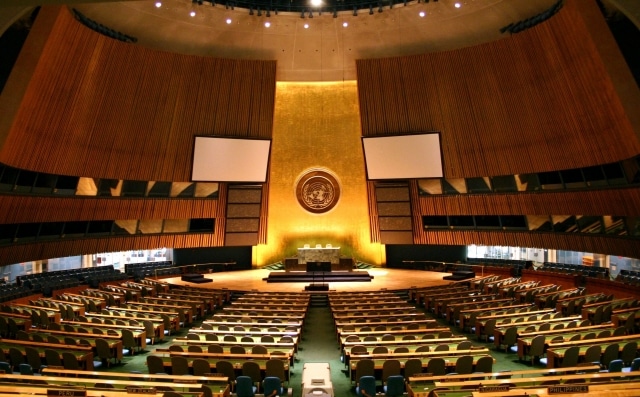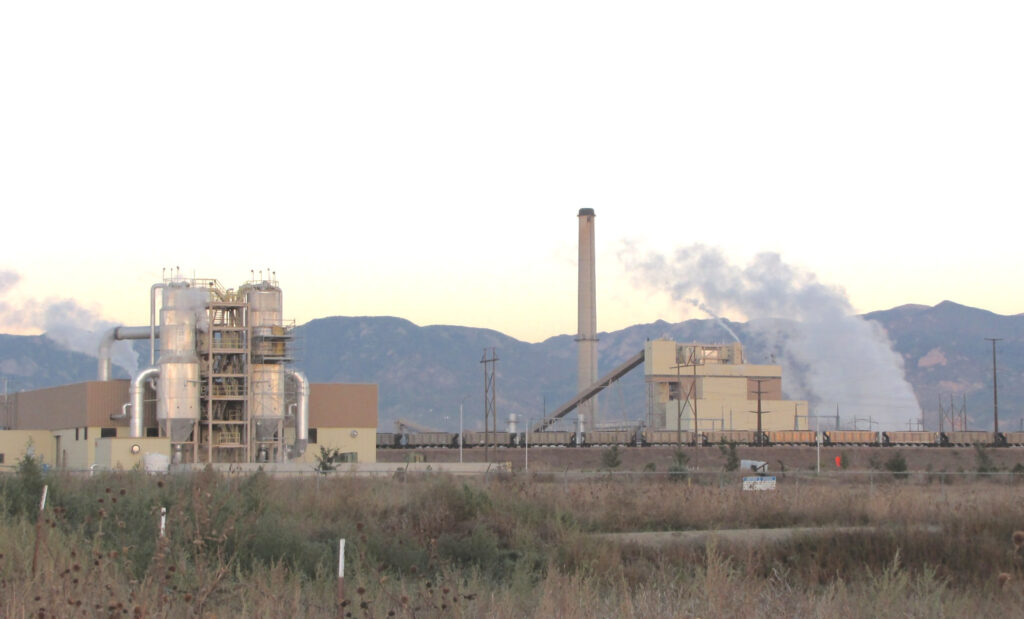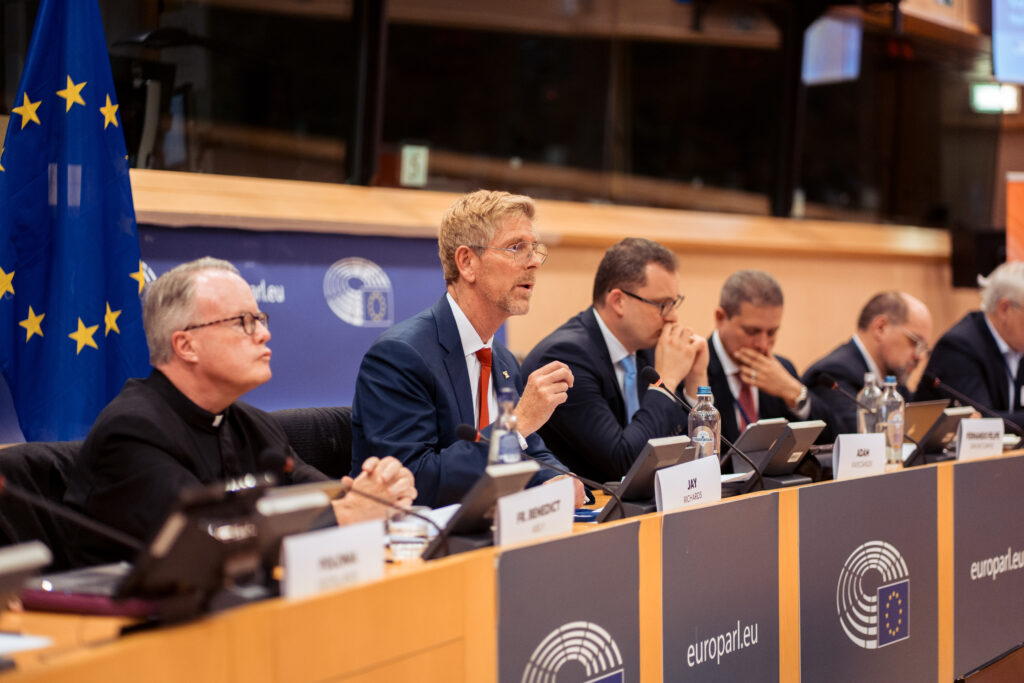Amidst dismay at the true extent of climate change, the Intergovernmental Panel on Climate Change (IPCC) submitted its first report with resulting consequences. A need to curb the then current level of energy intake and consumerism undermined an industry reliant on a blind faith in obsessive materialism, resulting in fierce opposition.
The IPCC held its third meeting in Washington DC in February 1990 and US President George Bush Snr opened the session by referring to his recent State of the Union address: “A sound environment is the basis for the continuity and quality of human life and enterprise,” he told the American people.
“Clearly, strong economies allow nations to fulfil the obligations and environmental stewardship. Where there is economic strength, such protection is possible.”
Bert Bolin, founder of the IPCC along with two hundred climate scientists, researchers and government negotiators submitted the IPCC‘s first assessment report to the United Nations general assembly in October 1990.
The IPCC debut report set out that the scientists were: “certain” that “emissions resulting from human activities were substantially increasing the atmospheric concentrations of the greenhouse gases: carbon dioxide, methane, CFCs and nitrous oxide” and also that “these increases will enhance the greenhouse effect, resulting on average in additional warming of the Earth’s surface.”
The report warned that under “business as usual” there would be an average 0.3 degrees of warming every decade, which would be a faster rate of increase in global temperatures than witnessed on earth for more than 10,000 years.
Death Knell for Coal
The scientists warned that by the end of the 21st century there would be four degrees of warming above those experienced before the industrial revolution: “The rise will not be steady because of other factors,” the scientists set out.
“The oceans act as a heat sink and thus delay the full effect of greenhouse warming.”
The report then set out the uncertainties in the science, including: “the response of clouds, oceans and polar ice sheets” before calling, as scientists to, for further research.
“The complexity of the system means we cannot rule out surprises”.
American coal and oil companies fully understood the implications of the report. The IPCC stated that industrialised countries had a greater responsibility to reduce carbon emissions and suggested this could be achieved through greater efficiency and “the use of cleaner, more efficient energy sources with lower or no emissions or greenhouse gases”.
It advised national governments to set limits on carbon emissions. Such limits could sound the death knell for coal fired power stations, petrol-driven sports utility vehicles and almost a century of industry based on encouraging British and American shoppers to consume as much energy, oil and plastics as possible.
Forced to Act
The IPCC report was not idle chatter. The report was discussed by the UN the following December, and the grand sounding Intergovernmental Negotiating Committee was be formed.
This body would draft the Framework Convention on Climate Change (FCCC) to be agreed at the Earth Summit at Rio de Janeiro, scheduled for June 1992.
If coal and oil were to prevent a calamity for their current business model they would have to act fast and decisively.
Bolin sounded genuinely surprised and personally dismayed by the reaction of heavy industry: “There was, however, early reluctance from industry and other stake-holders to proceed quickly,” he complained.
“They feared that action to protect the current climate, i.e. a reduction in the use of fossil fuels, might be a threat to their activities and admittedly the scientific basis for taking action was then hardly convincing.”
Photo: Patrick Gruban
Subscribe to our newsletter
Stay up to date with DeSmog news and alerts






